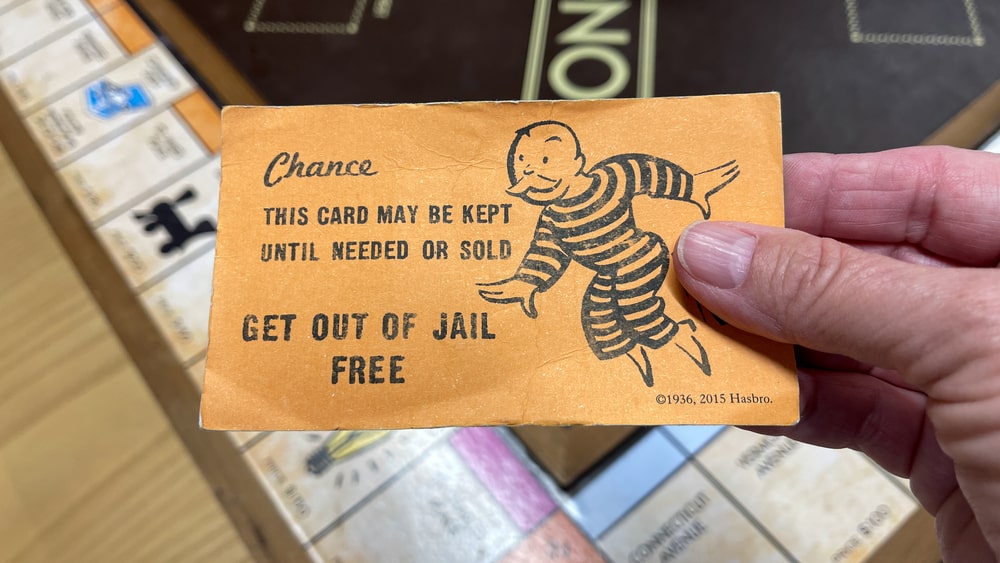Pardons are now called “record suspensions” in Ontario. You may be eligible to seek a pardon if you committed a crime after a certain period has elapsed.
While getting a pardon is not a simple matter and usually requires the assistance of an experienced criminal lawyer, there are good reasons to act.
Here’s what you need to know about the main benefits of getting a pardon — and how to begin the process of obtaining one.
Learn More → How Can I Get My Criminal Charges Dropped?
Reasons to seek a pardon
The main reasons for seeking a pardon are as follows:
What is the pardon process?
With so many reasons to apply for a pardon, it often makes sense to start the ball rolling as soon as possible.
But what process is involved in doing this?
Firstly, you’ll need to access your CPIC record from the database of all past and current criminal proceedings in Canada. This is maintained by the Royal Canadian Mounted Police (RCMP) but the data can be accessed by all local and provincial police authorities in Canada as well as Interpol and the American Customs & Border Patrol.
To get your CPIC record suspended (a pardon), you’ll need to apply to the Parole Board of Canada.
If successful, your criminal record is not destroyed. Instead, it is made invisible to most people who would normally conduct a background check, so that you can enjoy the benefits outlined above. Your record is, however, still visible to law enforcement if necessary.
Note too that even if charges were withdrawn, dismissed or you were acquitted, there will still be a record that you might want to get expunged.
Depending on the nature of your conviction, the application for a pardon may take 6-12 months to process.
What eligibility requirements apply to pardons in Ontario?
Before applying for a pardon, you’ll need to check that you meet certain eligibility requirements.
You must demonstrate that you’ve completed your sentence and are a law-abiding citizen. You’ll also need to wait the designated length of time before submitting your application or it will be rejected.
This period varies according to the seriousness of the offence:
- Five months for a withdrawal, dismissal or acquittal
- One year for an absolute discharge, stay or peace bond
- Three years for a conditional discharge
- Five years for a summary conviction
- Ten years for an indictment conviction
As you can see, some of these periods are lengthy.
Also, bear in mind that some convictions cannot be pardoned in Canada. There are no pardons for sexual offences involving a minor and you’re ineligible for a pardon if you’ve been convicted of more than three indictable offences where the sentence was more than two years in jail each time.
Any crime in which the sentence can never be completed (i.e., a life sentence is imposed) is also ineligible for a pardon.
Are there any limitations to record suspensions?
While all of the benefits outlined above are possible with a record suspension, it does not come with any guarantees. So, for instance, you could still be refused entry to the U.S. or denied citizenship — though your pardon will make this much less likely.
Also, bear in mind that employers in vulnerable sectors (such as those that work with the elderly or children) will have visibility of record suspensions for former sexual offenders.
Can a pardon be revoked?
Pardons are not set in stone. They can be revoked if any of the following applies to you:
- You’re convicted of a new indictable offence
- You’re convicted of a new summary offence (in some cases)
- You’re no longer considered to be of good conduct
- You were found to provide misleading information during your pardon application
- You were found to be ineligible for a record suspension when it was ordered
If you’ve been convicted of a past crime and meet the eligibility criteria outlined above, speak to a lawyer from Affordable Defence in Ottawa about obtaining a record suspension during a free consultation.

